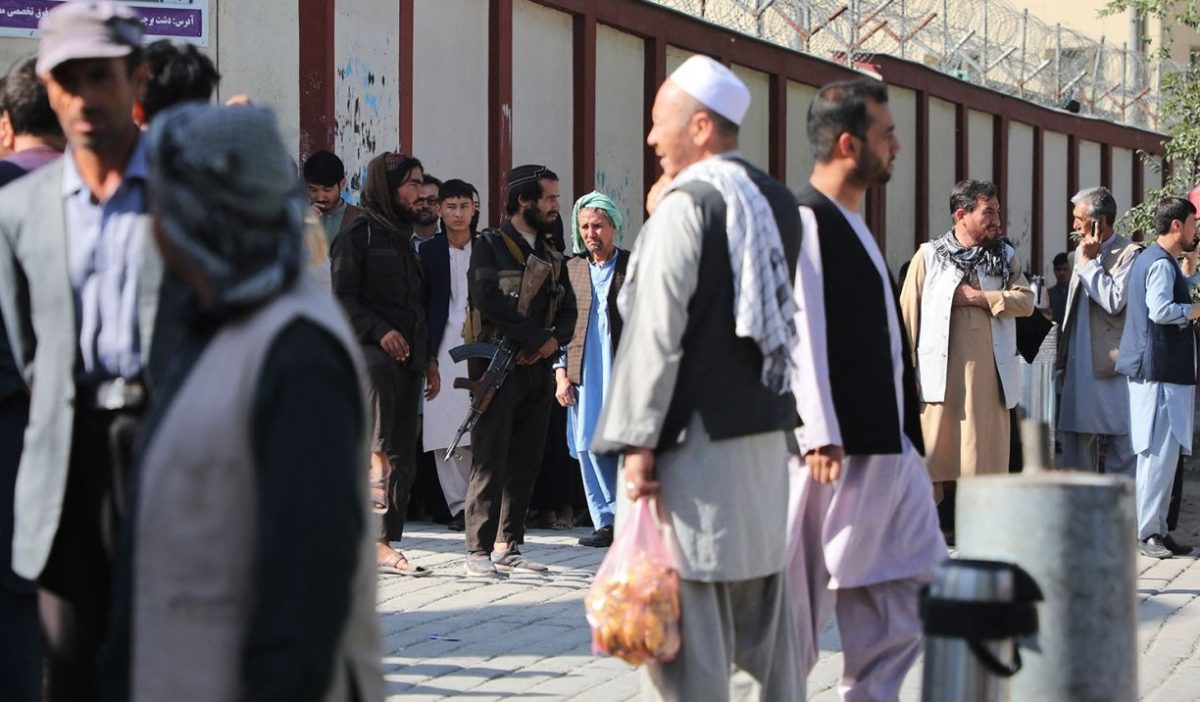“China is ready to strengthen cooperation with Pakistan on the Afghan issue, facilitate the process of peaceful reconstruction in Afghanistan, as well as stability and progress in the region,” Qin was quoted by the Chinese Foreign Ministry as saying.
The Chinese foreign minister also stated that the Chinese-Pakistani cooperation was aimed at the global development and security initiatives.
The previous meeting of China-Pakistan Foreign Ministers’ Strategic Dialogue was held in July 2021 in the Chinese city of Chengdu.
Qin is paying an official visit to Pakistan from May 5-6 to hold talks with Pakistani President Arif Alvi, Foreign Minister Bilawal Bhutto Zardari and Afghan counterparts, as well as partake in the China-Afghanistan-Pakistan Foreign Ministers’ Dialogue.
Pakistan is set to host a day-long trilateral dialogue with China and Afghanistan in Islamabad after the arrival of the Chinese and Afghan foreign ministers, Qin and Mawlawi Amir Khan Muttaqi, on Friday.
Muttaqi, Afghanistan’s interim foreign minister, was granted a travel ban exemption by the United Nations Security Council (UNSC) earlier this month allowing him to travel to Pakistan. He has long been subjected to a travel ban, asset freeze and arms embargo under UNSC sanctions.
The visit to Pakistan by the Afghan minister comes in the same week the UN hosted a conference on Afghanistan in Doha, Qatar, without inviting the country’s Taliban rulers.
In his address to the Shanghai Cooperation Organisation (SCO) in India on Friday, Bhutto-Zardari urged the international community to “meaningfully engage” with the interim Afghan government.
“After being the playground for great powers, time and time again, we owe it to the people of Afghanistan to not repeat the mistakes of the past,” he said in the speech in the Indian city of Goa.
An interim Afghan government led by the Taliban came to power in the fall of 2021 after the withdrawal of US troops from the country and the collapse of the US-backed government. The Taliban takeover has heightened the fears of the Central Asian nations concerning the spread of radical fundamental Islamic ideas, as happened in 1996 when the Taliban first came to power in Afghanistan for five years.
The country has since been facing deteriorating economic conditions and food shortages, exacerbated by sanctions and a US freeze on national assets, bringing Afghanistan to the brink of a humanitarian crisis.
